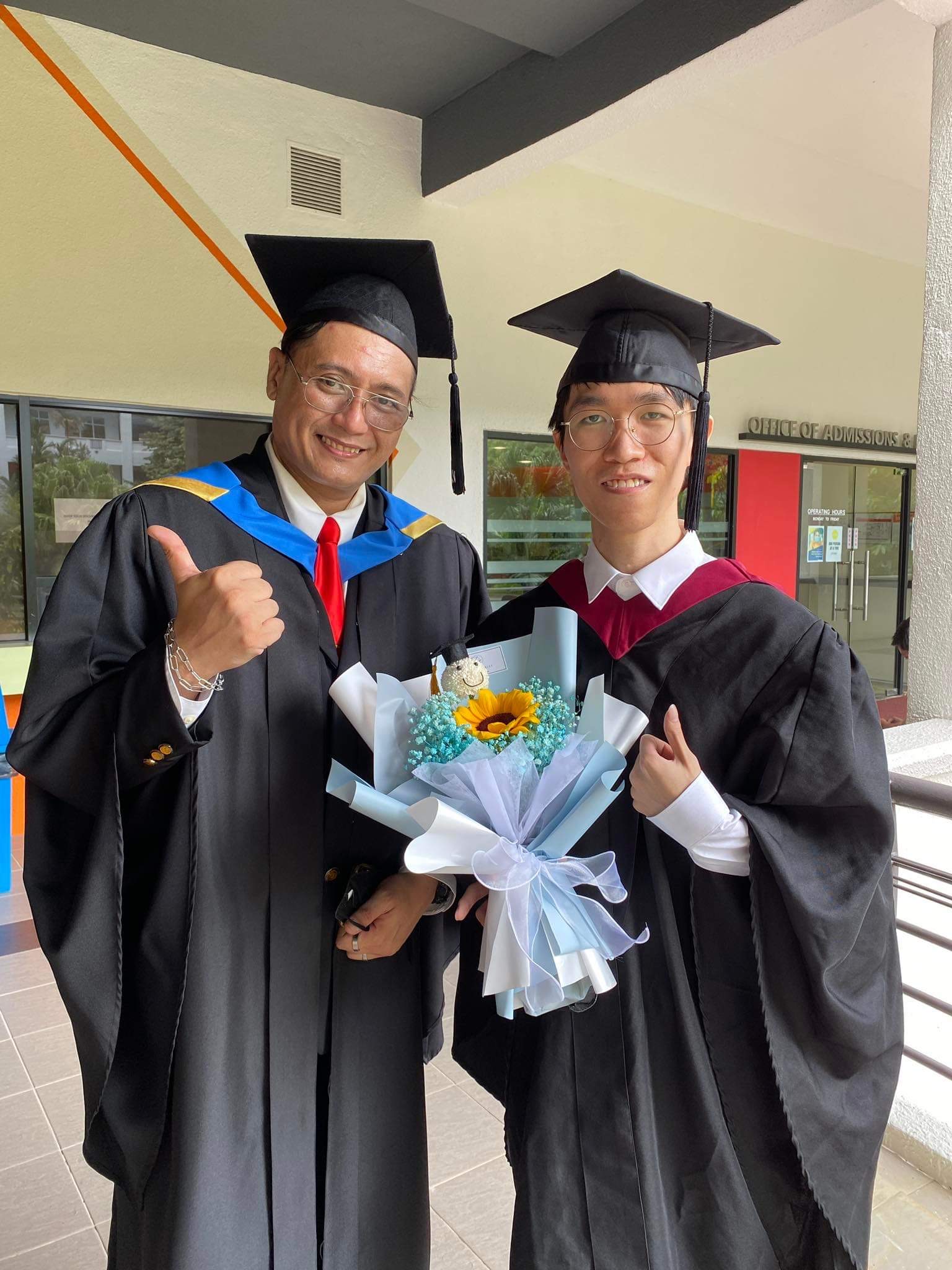Generation Z and Millennials may claim the lion’s share of media attention, but another generation is nipping at their heels. We’re talking about Generation Alpha, also known as the iGeneration. This generation stemmed an interest in Mohd Norshahriel Abd Rani and his student, which led them to carry out a study titled ‘Assessing the Readiness of Higher Education Institution in Malaysia to Accept Generation Alpha using Predictive Analytics’.
The term Generation Alpha was coined by Australian sociologist Mark McCrindle and covers the cohort of children born between 2010 and 2025[1].
Mohd Norshahriel, Head of Programme at the Faculty of Data Science and Information Technology at INTI International University, revealed in his research that the Generation Alpha are children of millennials and successors of Generation Z. While most of them are not even born yet, they are already shaping the future.
“In the coming years, the higher education sector will start to prepare for the arrival of Generation Alpha. Understanding this generation and its defining characteristics can help colleges and universities anticipate for what’s ahead,” he said.
According to the research, Generation Alpha is a generation that will choose technology over human connection as they may find themselves interacting with robots as frequently as with humans. But they are predicted to be the most educated generation with most countries reporting 12 or more years of schooling for each individual citizen. As per UNESCO’s findings, each additional year of education increases a person’s earnings by roughly 10%[2].

Mohd Norshahriel Abd Rani (left), Head of Programme at INTI International University’s Faculty of Data Science and Information Technology, and his student, Tan Lik Wei (right), carried out a research titled ‘Assessing the Readiness of Higher Education Institution in Malaysia to Accept Generation Alpha using Predictive Analytics’.
“Generation Alpha will top the list in almost all aspects as compared to prior generations. Besides being the most formally educated generation, they will also be equipped with the most technology supplies, and considered the wealthiest generation, globally. This is good news for higher education institutions, but with a caveat – Generation Alpha will have high and wildly different expectations. The willingness and readiness of universities to meet these expectations is a mutually beneficial enterprise,” Mohd Norshahriel exposed.
Through a predictive analysis carried out by both Mohd Norshahriel and his student, Tan Lik Wei, it is found that although millennials are the first generation raised in the digital world, Alphas will be accustomed to seamless and complex integration of technology into their lives on an unprecedented scale.
“In fact, evidence suggests that Alphas will surpass the technology skills of their parents before their eighth birthday!
“The impact of technology in education is more common today especially since the pandemic happened. With technology evolving every day, Generation Alpha will be very different from traditional college students. Technologies will be largely driven in education and educators need to quickly learn how to adapt because the traditional method of teaching and learning might not be as effective and efficient for this generation as compared to those before,” shared Mohd Norshahriel.
He also highlighted that Alphas are already used to having immediate accessibility of information. As such, highly personalized and targeted learning experiences are critical. “A normal lecture will not work with them. So, what will? Tutorials and other forms of facilitated learning, such as online learning modules will be one of the many ways to educate them,” he said.
Given Generation Alpha’s ability to find information quickly and easily on their own, it begs the question – will they even need college degrees? Through this collaborative research, Mohd Norshahriel said that by the time Generation Alpha reaches the job market, a Bachelor of Business Administration degree will be as unique as having an Instagram account. Diplomas that were very popular with the millennials will have zero face value in the job market.
The research also demonstrated that this is not a death sentence for universities. Rather, it’s an opportunity for higher education to evolve to deliver the skills and knowledge tomorrow’s students and workers will want and need with technology, online learning and real-world learning taking on central roles.
It may be years before a member of Generation Alpha walks through the doors of higher education institutions, but the time to start planning for the transition is now as it will require an overhauling of institutional cultures.
“If an educational institution doesn’t have enough bandwidth, plugs or charging stations, or doesn’t have enough staff who are tech savvy, they need to start working on it from now because one cannot wake up and suddenly resolve all that when the Generation Alpha arrives,” explained Mohd Norshahriel.
While letting go of conventions can be hard, it is necessary, insisted Mohd Norshahriel.
“We’re at a point in time where we have good ideas, but we need to embrace risk in pursuing them. One should always remember that when we decide to embrace the future, we must reset expectations,” he concluded.